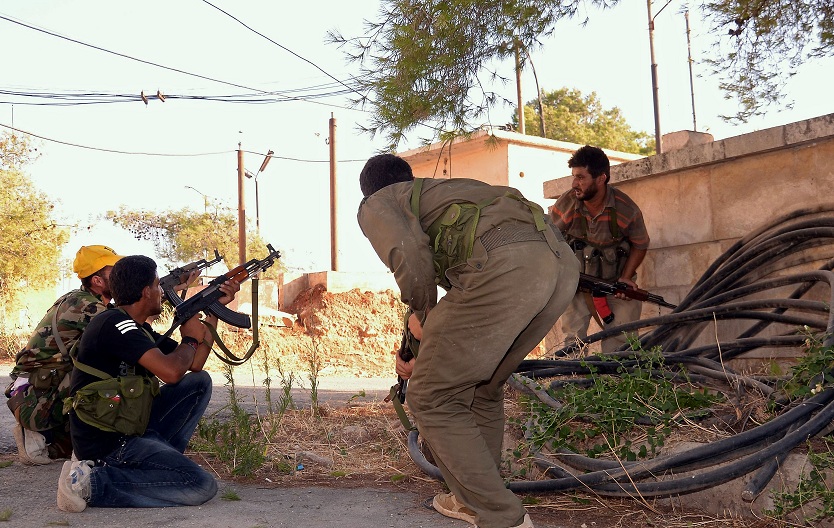Thirteen countries along with the United Nations and the European Union have called for an end to the “ongoing violence, terrorism, and extremism hijacking Libya’s development and democratic process”.
The call came in a joint communiqué published by the United States State Department on Monday evening. Thirteen countries adopted the communiqué, including Egypt, Algeria, the US, the United Kingdom, Saudi Arabia, Qatar and the United Arab Emirates as well as the European Union and the United Nations. The foreign ministers met on the sidelines of the UN General Assembly in New York.
The communiqué stressed the “legitimacy of the House of Representatives as the sole legislative authority in Libya”, in an attempt to sideline the Islamist dominated General National Congress, based in Tripoli, that was scheduled to hand over power earlier this year, but instead appointed its own Prime Minister, Omar Al-Hassi.
The nations praised the work of Libya’s constitution drafting body, encouraging it “to advance its efforts to draft a document that enshrines and protects the rights of all Libyans”.
The coalition of countries threw their support behind UN Special Representative for Libya Bernardino Leon who has announced that the warring sides agreed to begin an “UN-facilitated political dialogue” on 29 September. The signatories of the communiqué also stressed that “there is no military solution to this conflict”.
The communiqué ended with a rejection of “outside interference” in the situation, adding: “The people of Libya fought to overthrow 42 years of dictatorship and we continue to support their effort to transform Libya into a secure, democratic, and prosperous state”. The ministers agreed to convene again in Madrid in 60 days.
A New York Times report last month, citing US officials, suggested Egypt and the UAE worked together to carry out airstrikes on Islamist targets in Tripoli. Egypt denied involvement in the operation while the UAE has not issued a comment on the allegations.
Libya’s stability and security has been fragile since the overthrow of long-time dictator Muammar Gaddafi and made worse by the struggle to contain various militia groups that emerged during the 2011 uprising.
This summer the violence escalated and caused thousands of people to flee the violence, including hundreds of Egyptian nationals who were evacuated with the help of the Egyptian foreign ministry.
An Egyptian national was killed near Tripoli last week and at the start of September another Egyptian national was shot dead in the coastal city of Sirte.


